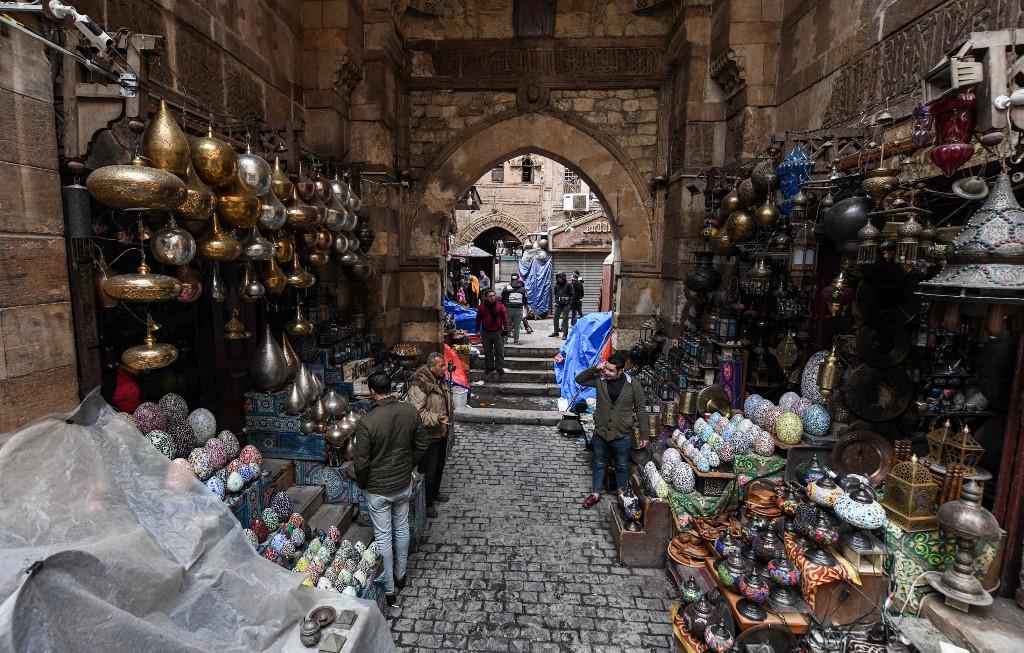Egypt seeks to free citizens kidnapped by pirates off Nigerian coast
CAIRO: Egypt’s Foreign Ministry said it was coordinating with Nigerian authorities to free two of its citizens after they were kidnapped by pirates.
According to media reports, Saad Shawky and Kyrolos Samir were taken while they were on board a cargo ship off the coast of Nigeria’s southernmost state of Bayelsa.
There are also three Lebanese, four Indians and a Cameroonian in the crew.
The ministry said it had contacted the Egyptian consulate in Abuja about the circumstances and with the latest updates, and that instructions had been issued “to communicate with all officials at the highest level to follow up on ensuring the safety of kidnapped Egyptians.”
Egyptian media reported the two men were on board a Lebanese cargo ship called “Milan-1” that was heading from Nigeria to Cameroon. They also said the ship was owned by a Lebanese national, Adnan El-Kot.
El-Kot said in statements that he had rented the ship to a man called Tavo Lawrence and that the vessel was raising the flag of Saint Kitts. He learned about the kidnapping last Thursday, receiving a call from a Thuraya mobile phone from the pirates who demanded a $1.5 million ransom to release the ship.
The ransom dropped to $300,000, and El-Kot explained that he had told the kidnappers that the ship had been rented to another person living in Nigeria after he made sure all the ship crew were safe.
Maria Samir, Samir’s sister, said her brother was last contacted as he was about to move from Nigeria to Cameroon.
She said in an interview that contact with him was lost a few hours after he moved from Nigeria, adding that it naturally happened due to being in the open seas. She was following up the ship’s route through an app that revealed the vessel had stopped in the middle of the sea and did not move.
She said her brother graduated from university a year ago and that it was his first job for six months. She added he was working on a ship on the Red Sea route and moved to work on board “Milan-1.”
Sherouk Shawky, who is Shawky’s sister, said: “My brother and his colleague Kyrolos Samir have been working together onboard the ship for two years and a half.”
She said her brother left Nigeria en route to Cameroon and they had last contacted each other last Wednesday.
She added: “By Saturday, as he didn’t contact us, we became extremely worried about him since the route from Nigeria to Cameroon is only two days. So we contacted Adnan El-Kot, the ship owner, who told us that pirates from Nigeria kidnapped the ship’s 10-member crew, which includes officers, engineers and cooks. He said the pirates kidnapped 10 crew members and left one to inform Adnan of the kidnapping.”

Six killed in building collapse in northern EgyptEgypt’s 14-fold population rise in 135 years a ‘national problem’: government minister



